How do you romanise a Chinese name? Gu Ailing, Eileen Gu or Ailing (Eileen) Gu?
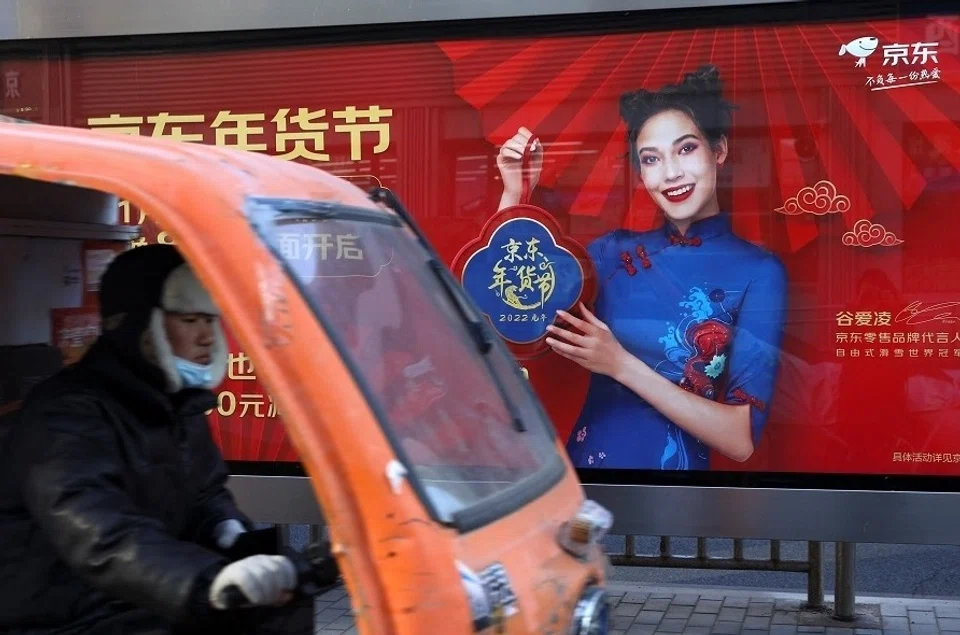
Are Eileen Gu and Gu Ailing the same person? Yes. But the name of this teenage freeski prodigy is written as "Eileen Gu" in The New York Times and "Gu Ailing" in China Daily.
You may wonder why a girl has two different names. Like almost all American-born Chinese, she indeed has two names - an English one (Eileen Gu) and a Chinese one (Gu Ailing) written in Chinese as 谷爱凌. In China, Gu Ailing is the widely used pinyin romanisation for these three characters.
At the 2022 Winter Olympics in Beijing, Gu made history by winning gold medals in the big air and halfpipe events and a silver medal in slopestyle for Team China. She had represented the US until June 2019, when she made a request to the International Ski Federation to change her national affiliation from the US to China. This change in affiliation became a perplexing and sensitive topic.
On some authoritative English websites, this freeskier now has a longer name: Ailing (Eileen) Gu, a seeming compromise that attempts to please both the sino- and anglophone worlds.
In Western media coverage, the teenage superstar is always called Eileen Gu, while Gu Ailing is preferred in the English media of the Chinese community. The use of Gu Ailing is neither someone's personal preference nor is part of the house style sheet peculiar to China Daily. Gu competes for China, so it follows that her name should be written using hanyu pinyin, the national standard system of romanisation.
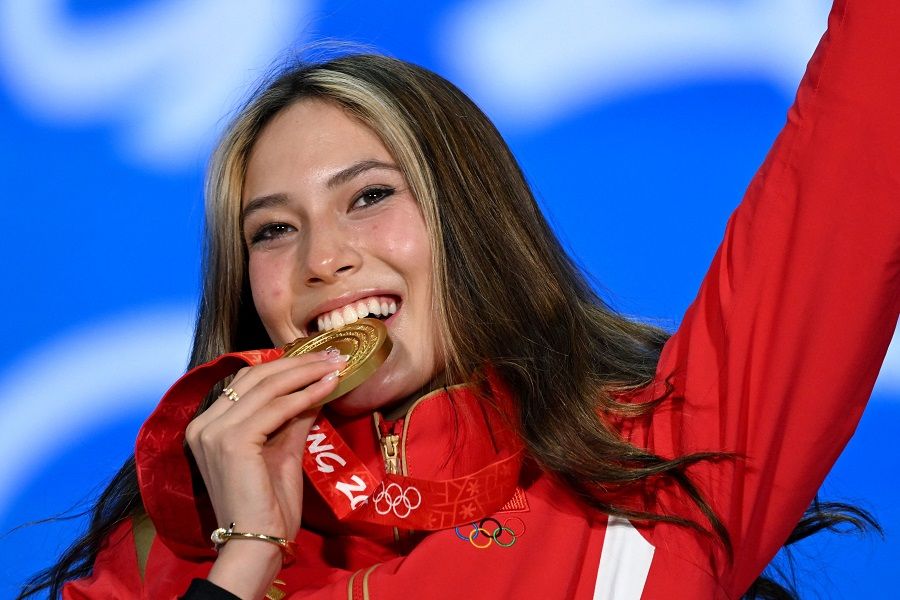
On some authoritative English websites, this freeskier now has a longer name: Ailing (Eileen) Gu, a seeming compromise that attempts to please both the sino- and anglophone worlds. Her Chinese given name is written in pinyin, her English given name is in parentheses, and her Chinese surname (by which she is known both in the US and China) follows standard English usage by being placed at the end of her given name.
Hence, contrary to Shakespeare's line that "A rose by any other name would smell as sweet", how we name controversial public figures can be an important and thorny issue.
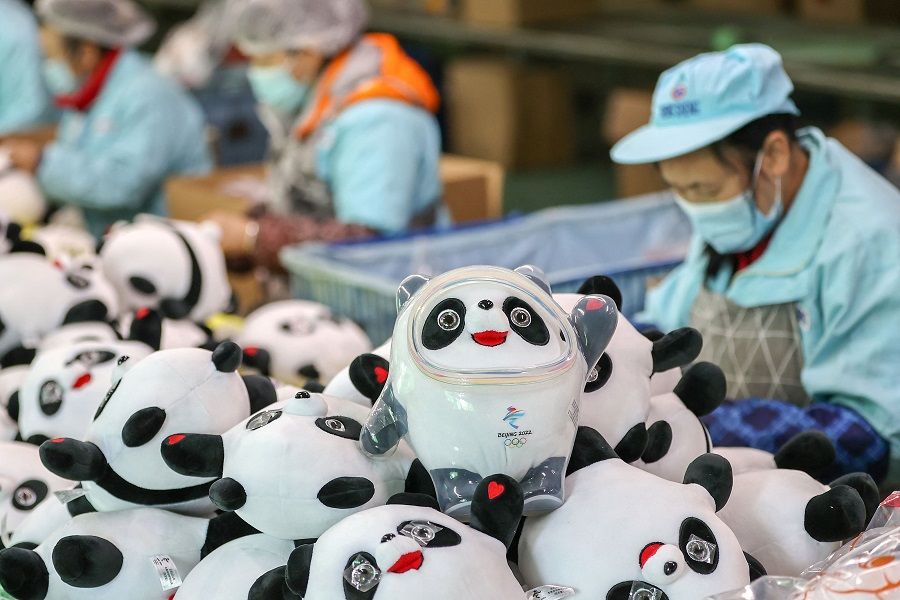
There are also difficult issues in the romanisation of Chinese names. For instance, the mascot of the 2022 Beijing Winter Olympics, Bing Dwen Dwen (冰墩墩), is an adorable panda whose Chinese name conjures up feelings of goodwill. Its name is actually written as Bīng Dūndūn in pinyin (here with the tone marks added).
The name Bing Dwen Dwen is actually transcribed using Gwoyeu Romatzyh, a romanisation system developed in 1925-1926 by famous linguists Yuan Ren Chao and Lin Yutang, among others.
When it made its debut in 2019, the mascot's name was romanised as Bing Dwen Dwen. The reason was to make it more universally pronounceable. To correctly read the name in pinyin requires some training. The English pronunciation of Dundun [dʌndʌn] is a far cry from its Chinese pronunciation. With this in mind, the Chinese Olympic Committee decided to spell the name of the mascot in a way more easily pronounceable by non-Chinese.
The name Bing Dwen Dwen is actually transcribed using Gwoyeu Romatzyh, a romanisation system developed in 1925-1926 by famous linguists Yuan Ren Chao and Lin Yutang, among others.
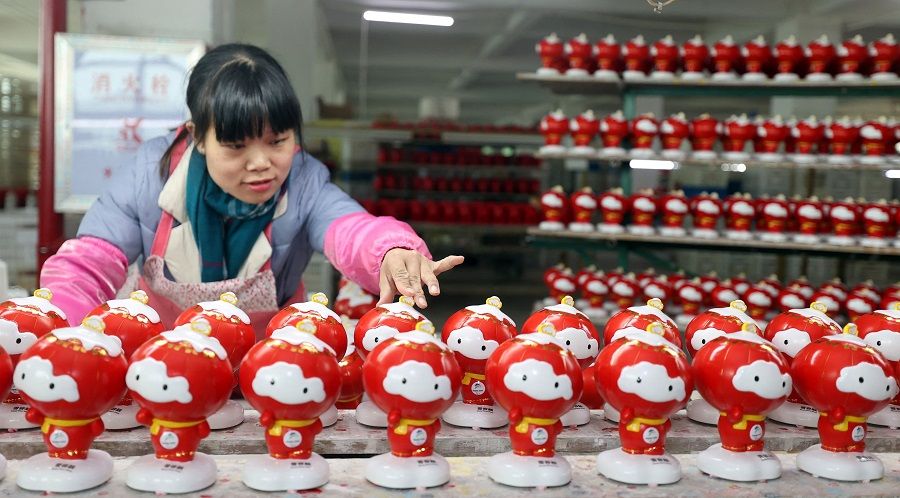
However, the name Shuey Rhon Rhon (雪容融), the Beijing Winter Paralympic mascot, known informally in English as the Red Lantern Kid, is romanised in a peculiar, non-standard form. It is neither pinyin (in which it would be rendered as Xue Rongrong), Gwoyeu Romatzyh (Sheue Rong-rong), nor any other standard system. Bearing in mind the need for easy, universal pronunciation, the Chinese Olympic Committee used extreme creativity in coming up with this idiosyncratic romanisation.
It can be difficult to come up with universally acceptable spellings for well-known persons or Olympic mascots.
A final example is the name of the Tokyo 2020 Paralympics mascot. It is written in katakana as ソメイティ and in English as Someity, pronounced soh-may-tee. The word is derived from ソメイヨシノ(someiyoshino), the term for a popular variety of cherry blossom in Japan. This romanisation is also highly creative, converting yoshino into the suffix -ty to form the word Someity, which echoes the English phrase "so mighty".
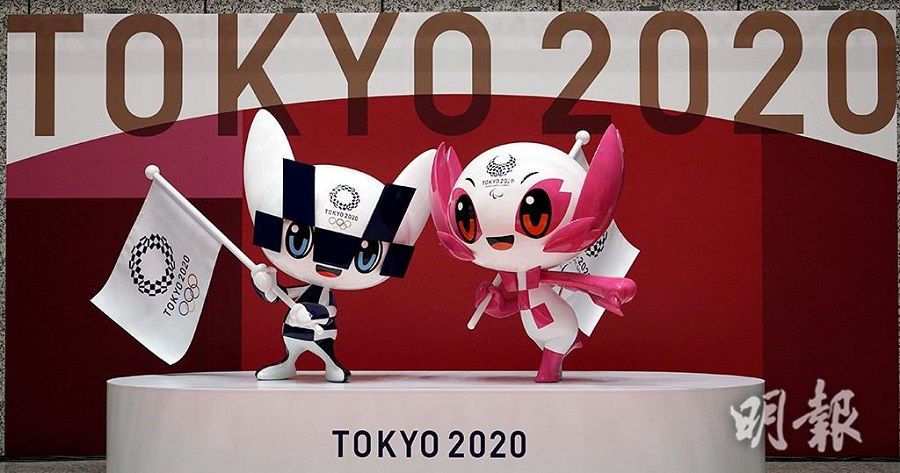
It can be difficult to come up with universally acceptable spellings of the names of well-known persons or Olympic mascots. To do so may require compromise, sensitivity, an understanding of the Olympic spirit and national characteristics of the host nation, and knowledge on how to make the names easily pronounceable worldwide. In short, finding acceptable spellings for the names of public figures or mascots takes skill and creativity and is not easy.
